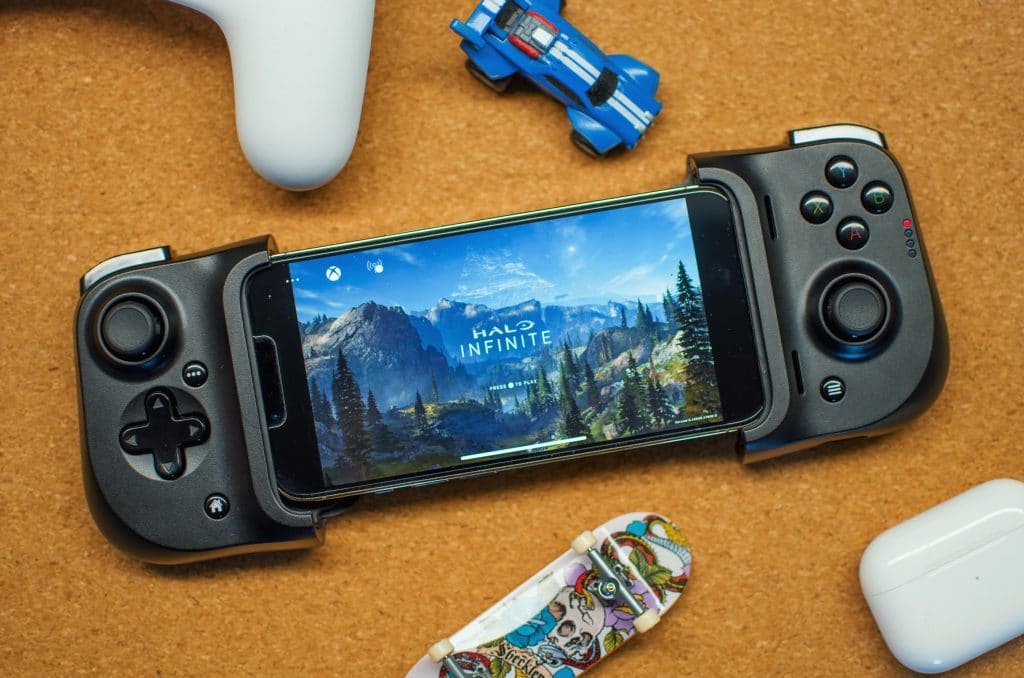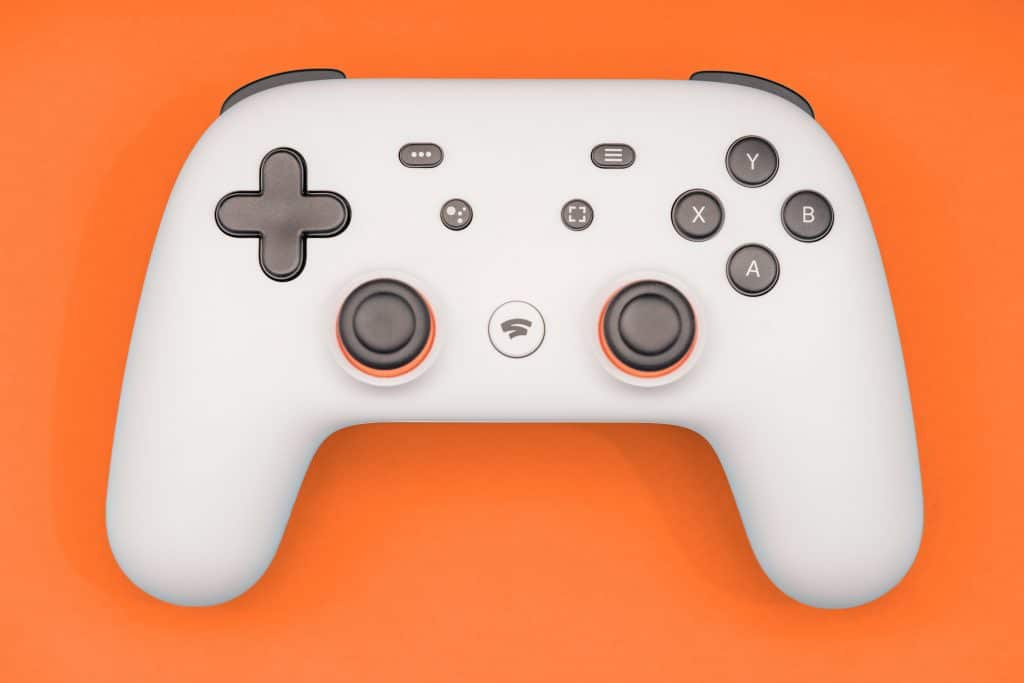Major game productions have never been bigger
With the lead time on titles like Cyberpunk 2077 climbing to almost a decade, and the development costs of Red Dead Redemption 2 reportedly coming in at over £400 million. This has an unavoidable impact on the cost of these titles when they hit the shelves. The cost of major games has risen by over £15-20 in as many years, as the consoles themselves.
An original Xbox in 2001 cost £300, whereas the new Xbox Series X comes in at £450. Naturally, people are happy to pay a premium for the latest and greatest games, but this hasn’t stopped the rise of alternative platforms, services, and ways of playing, all aimed at delivering quality experiences at a fraction of the cost. Evidence of this trend can be found across the industry, from savvy iGamers making the most of the casino welcome bonuses offered by comparison platform oddschecker, to those console gamers capitalising on the frequent sales provided by Nintendo, Sony and Microsoft to pick up major discounts on popular titles.
What is Cloud Gaming?
Additionally, new technology is taking root across the industry that holds out the promise of passing on considerable savings to gamers everywhere. This new technology is known as cloud gaming, and it stands to fundamentally alter the way people purchase, access and play video games in the future.
Cloud gaming is still little known, but the platforms that offer it are gaining market share rapidly. Simply put, cloud gaming, which is also known as on-demand gaming, dispenses with the requirement of users to own dedicated gaming hardware. This is because games are streamed, over the internet, to any compatible device, browser or display at one’s disposal. Hence, the game itself is stored in the cloud, and powered by high-performance server-side gaming rigs maintained by the service providers.
Real World Savings
What this means in practice is that users of these services can access the type of games once exclusively reserved for those with the means to purchase a £400 games console, or £1000+ gaming computer, right from their smartphones, or 10-year-old laptops. Furthermore, avid gamers who want to play the best titles across a range of hardware will no longer be in the unenviable position of having to purchase each console required to do so.
Despite sharing this basic technology in common, the major providers currently operating in the cloud gaming space today offer a diverse range of business models and formats, meaning it can be difficult to know which one is right for your needs. To address this, below we’re going to take a quick run-down of the relative merits of each, so you know which one is the best match for you. It’s worth noting that both Sony and Amazon are also actively working on their own cloud gaming platforms, however, these are still in the early stages of development and thus omitted from this list.
Google Stadia
Google Stadia is today, the world’s only true cloud gaming console. It has an officially supported controller, which can be purchased alongside Google’s Chromecast HDMI plugin in order to stream games to an HD display of your choosing. What’s more, the base service is completely free, letting you buy the games you want to play and dive in. Stadia offers a subscription tier in addition to this, which gives users 4K streaming and access to one new free game each month for £8.99/mo.
At present, no other service has managed to deliver the low latency of Google’s platform, making it the most compelling option out there today for those that want a service that will simply work. The one detractor commonly levelled at Stadia is that, with the exception of generous support for Ubisoft titles, its games library is somewhat lacking.
Xbox Cloud Gaming
Formerly known as Project xCloud, Xbox Cloud Gaming can be accessed by anyone with the Xbox Game Pass’s Ultimate tier for £10.99/mo. This gives you access to a huge range of games for free, as well as the ability to stream select games you’ve purchased from any device of your choosing. The major distinction between Xbox Cloud Gaming and Stadia is that a large number of games are included in the subscription price, making it more akin to a Netflix-for-Gaming concept than what Google is currently offering.
With respect to performance, while users report generally good frame rates for the service, it has developed a reputation for being, at times, quite laggy. It should also be noted that, unlike Stadia, at present, it does not offer the ability to stream at 4K. Both of these factors will likely change as the platform matures. Rumours of an upcoming HDMI stick to rival Google’s Chromecast holds out the prospect of true Xbox gaming without the console. Though this is likely a couple of years off still, especially given the fact it would undoubtedly eat into the Xbox Series X’s sales.
Nvidia GeForce Now
Last, but certainly not least, is Nvidia’s GeForce Now service. Any game platform being pushed by the manufacturer behind the most powerful PC graphics cards in the world is worth taking note of. While GeForce Now offers the simplest set of features on this list, it’s also the most expensive. This is because its high-performance tier, which costs $17.99/mo, gives users access to a server-side gaming PC with an RTX3080 graphics card running at 120fps and 4K resolution. You’re then free to install all your own games, such as those bought through Steam, on this beast of a machine. This makes GeForce Now the true, no-nonsense “PC gaming” version of the cloud gaming concept.
GeForce Now is actually the oldest platform on this list, first launching as it did alongside Nvidia’s Shield gaming tablet back in 2013. It’s a compelling option for those wanting to access PC gaming without having to invest the, sometimes, thousands of pounds necessary to keep their hardware up to spec. Even those accustomed to sofa-side gaming stand to benefit, following the recent announcement that Nvidia will be working with Samsung to bring GeForce Now to the Korean giant’s Smart TVs by the end of 2022.









